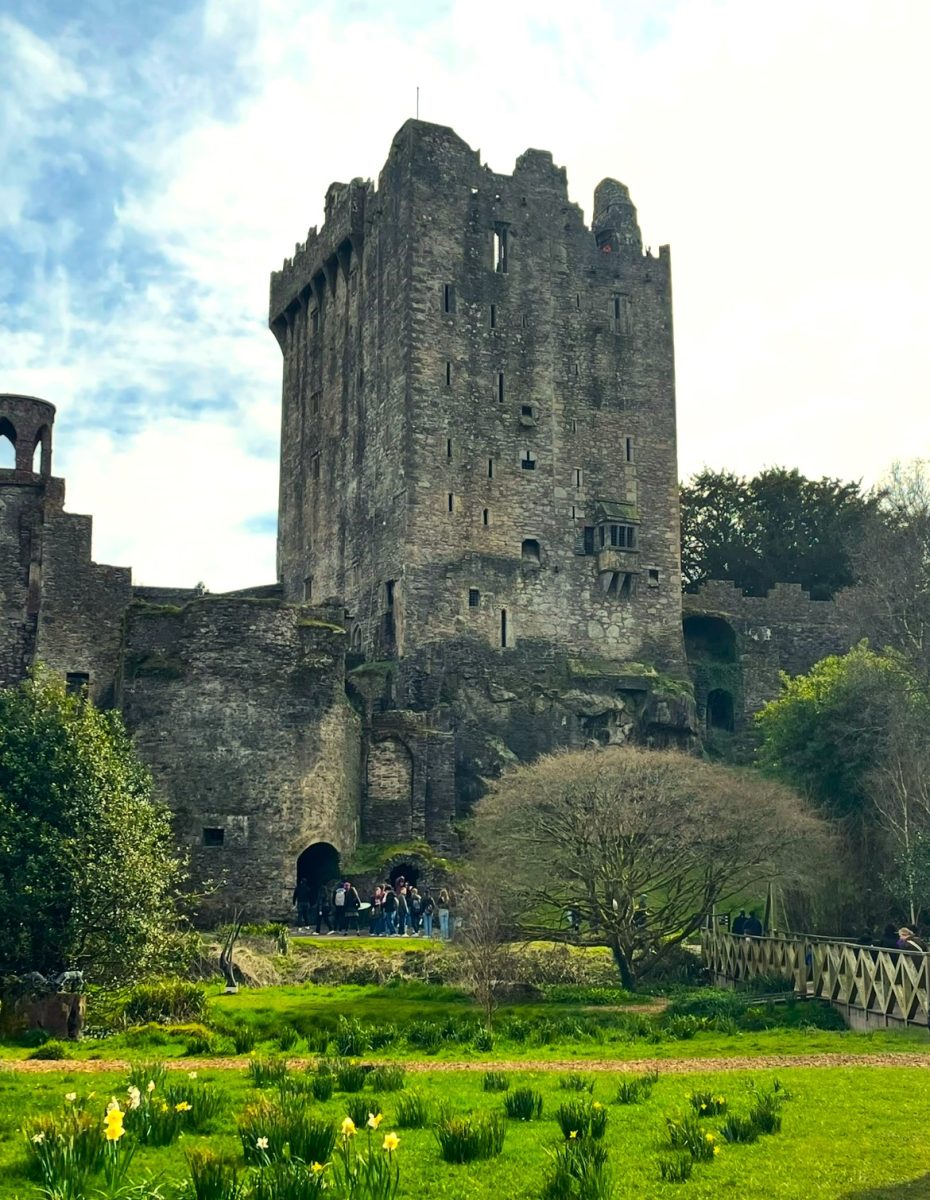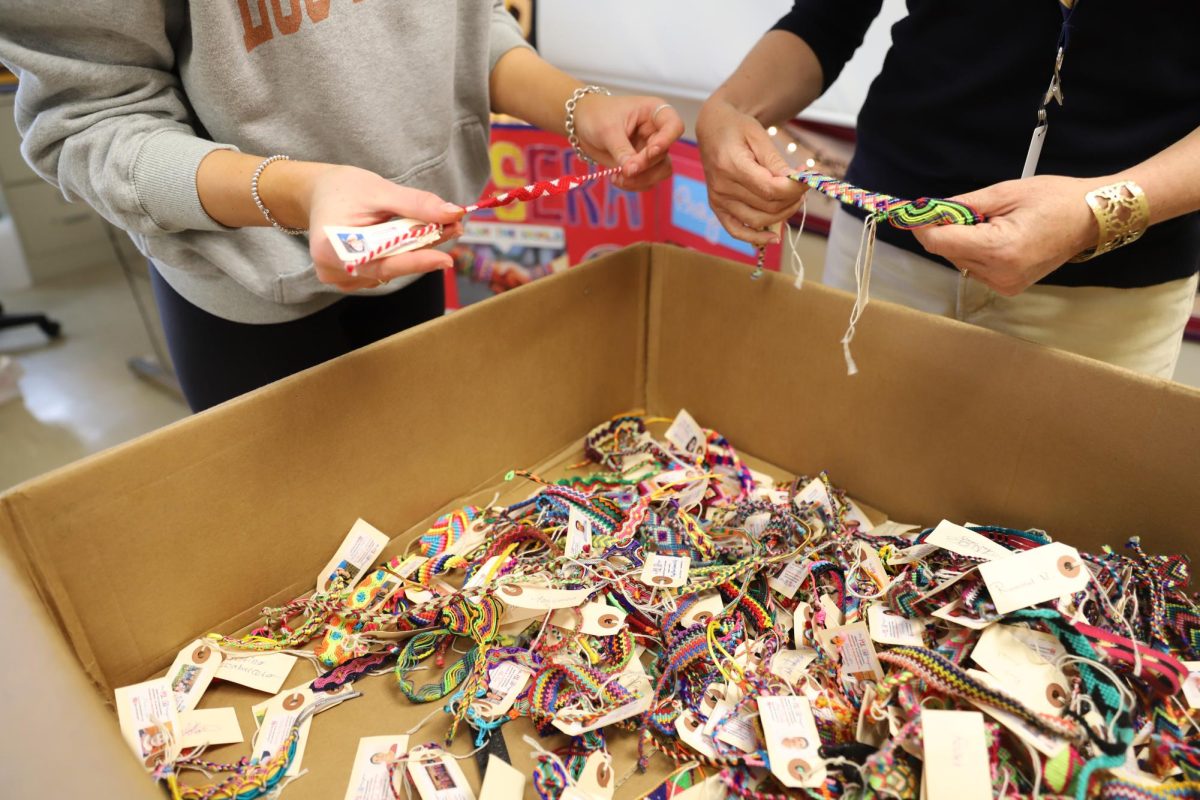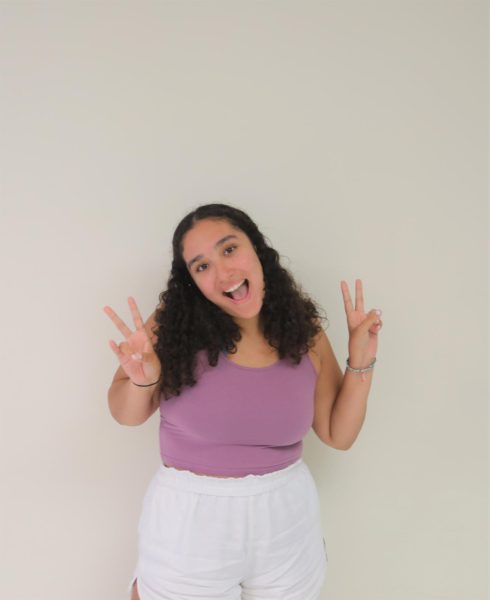When Spanish teacher Lisa Plichta was in graduate school in 2015, a concept was introduced to her that she had never heard before: service learning. Service learning is a teaching and learning method that allows for a connection between academic curriculum and community/global problem solving. The Pulsera project is an example of service learning.
“The Pulsera project caught my attention because of the types of kids I was teaching at LT, and if there was anybody that would want to be engaged in a project like that, it would be my LT students,” Plichta said.
At first glance, the Pulsera project is a fundraiser, but it’s better referred to as a cultural exchange between schools in the U.S. and artisans in Guatemala and Nicaragua, Plichta said.
The project works to empower people with the skills, opportunities, and education that further helps them provide for their families and communities. With the money that is raised from bracelet sales that the artisans make, the project is able to fund a wide range of social impact programs that focus on secondary education, housing, healthcare, and much more.
“My classmates have definitely come together through this project. The anticipation up to the [sale] was high and everyone was so excited to be doing something with this big of an impact all together, ” Hailey Orr-Depner ‘24 said. “It’s such a blessing to be a part of.”
LT students are able to take the lead on the project and take initiative in many ways, Plichta said.
“When you trust kids, when you put them in charge of the ideas, when you turn it over to them and follow their lead, unimaginably incredible and wonderful things can happen,” Plichta said.
LT has recently become the No. 1 Pulsera seller in the world. Out of 4,000 schools who have participated LT has outsold them all, Plichta said.
One of the co-founders, Chris Howell, started volunteering for the project in 2009, and has worked full time on the project since 2011. The project has been around for 15 years, but has been working in partnership with schools for 10 years now.
“The artisans are proud that their work gets so appreciated in the states”, Howell said. “Many of our artisans are also activists and volunteers themselves, so they very much appreciate the work so many students and teachers do.”
In regards to the artisans, Plichta has a potential opportunity to meet them in Guatemala. The Pulsera Project hosts a trip for 10 Spanish teachers who contribute to the project and teachers get to meet various artisans and gain insight on how they work.
This year, an opportunity for a scholarship to go for free came up, and fortunately, Plichta won the scholarship and is now planning to go on the trip, she said.
“The depth of meaning of the [Pulsera Project] is so profound to me as an educator that there are simply no words, but I can say that it has made us part of something bigger than ourselves and it is a humbling and empowering experience for everyone involved,” Plichta said.
Go to pulseraproject.org to buy their collection offer of five assorted bracelets for $30.





















![Movie poster for '[Rec]" (2007).](https://www.lionnewspaper.com/wp-content/uploads/2023/04/rec-640x900.jpg)



